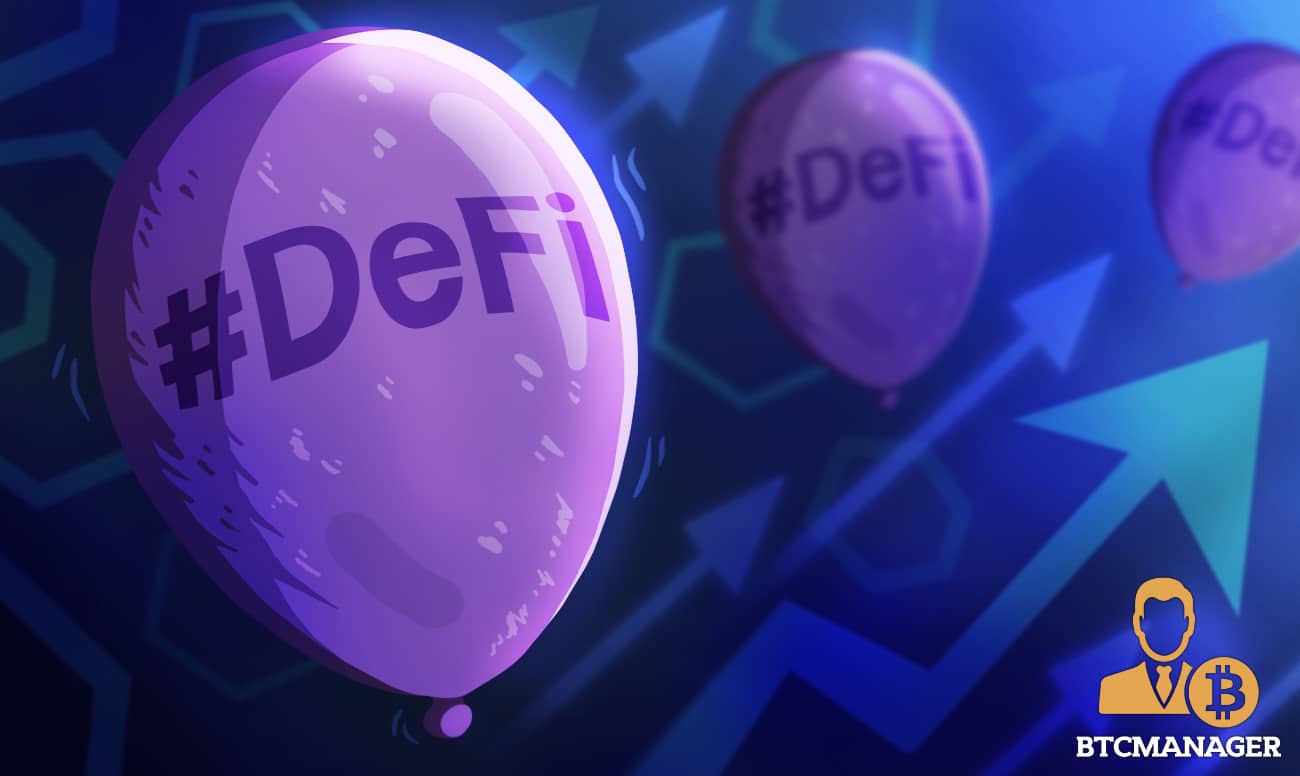Crypto, DeFi is Fool’s Gold, OCC Chief Says

The acting chief of the U.S. OCC is not a big fan of cryptocurrencies or DeFi. At least, not yet.
DeFi is Fool’s Gold, OCC Chief Says
While the global crypto markets continue to witness a significant correction from the latest local highs, the regulators around the world don’t seem to be holding back from attacking the nascent industry.
While giving a speech to The Blockchain Association today, the current chief of the U.S. Office of the Comptroller of the Currency (OCC) Michael Hsu said that digital currencies — including the decentralized finance (DeFi) landscape may be “fool’s gold.”
Hsu noted that the rising interest in the crypto industry reminds him of the financial climate shortly before the infamous 2008 U.S. housing crisis.
Hsu said:
“I have seen one fool’s gold rush from up close in the lead up to the 2008 financial crisis. It feels like we may be on the cusp of another with cryptocurrencies (crypto) and decentralized finance.”
For the uninitiated, the DeFi industry picked up the pace since the famous “DeFi Summer of 2020” when a number of so-called DeFi blue-chips such as Uniswap (UNI), SushiSwap (SUSHI), Synthetix (SNX), Aave (AAVE), and others rose to prominence due to their skyrocketing adoption for lending, borrowing, staking, and swapping of cryptocurrencies.
At press time, the total value of digital assets locked in various DeFi protocols exceeds $160 billion, according to data from DeFi Llama.
DeFi Under Regulatory Scrutiny
Hsu went on to criticize the staking returns being offered by DeFi protocols under the garb of passive income. He said:
“A wide range of DeFi platforms offer staking, yield farming, or liquidity mining. All of these are marketed as passive investing plays,” he said. “No active buying and selling is necessary. How are the returns generated? It is hard to get straight answers that don’t quickly devolve into crypto speak.”
Hsu’s comments come shortly after the U.S. Securities and Exchange Commission stated that it was investigating the leading Ethereum-based decentralized exchange (DEX) Uniswap in an attempt to learn more about how investors use the protocol for token swaps, providing liquidity, and farming yield.













